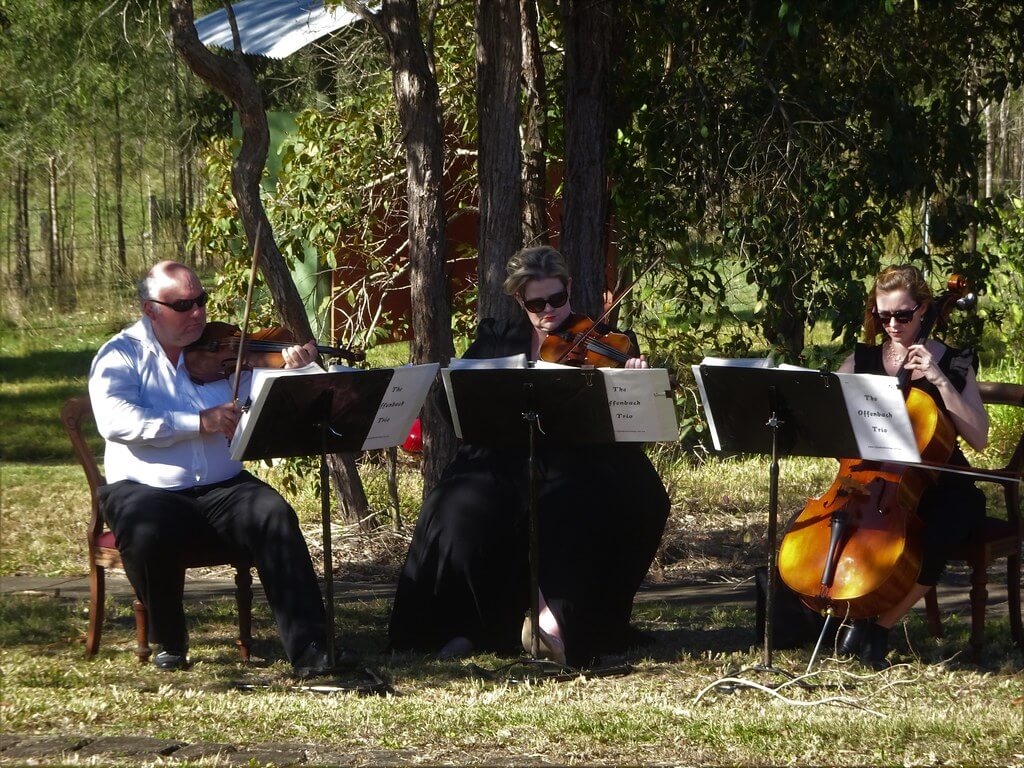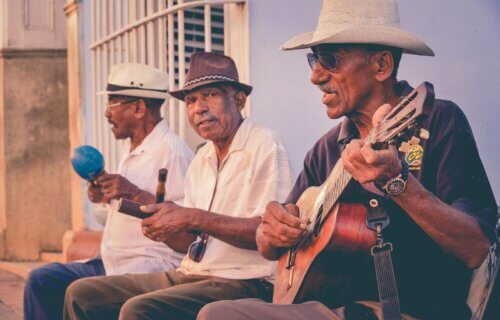BEIJING, China — Learning to play a musical instrument could be a key factor in maintaining a youthful brain, according to a recent study. Scientists assert that musical proficiency can enhance our listening abilities as we age. The research, which analyzed the brains of both musicians and non-musicians of varying ages through neuroimaging studies, concluded that playing music can help keep our brains “agile, youthful, and focused” by stimulating and preserving specific brain regions.
The study, conducted in China, determined that long-term musical training could potentially delay, and even reverse, the natural decline in our auditory abilities and cognitive functions that come with age.
The astonishing findings revealed that older musicians could even match the cognitive abilities of young non-musicians when identifying audiovisual syllables in noisy environments. Given the rapid aging of the global population, this study suggests that there are viable methods to age healthily and counteract the natural cognitive declines that accompany aging.
“Playing music enables older adults to become better listeners by preserving youthful neural patterns and also by recruiting additional compensatory brain regions,” says Dr. DU Yi from the Institute of Psychology of the Chinese Academy of Sciences and the lead author of the study, in a media release. “Our study offers empirical evidence that playing music keeps your brain sharp, youthful, and focused.”

Examining the participants’ brain activity, the researchers unveiled two mechanisms that older musicians utilize to counteract aging: functional preservation and functional compensation. They discovered that older musicians maintain neural specificity of speech representations in sensorimotor areas, similar to those seen in young non-musicians. In contrast, older non-musicians exhibited degraded neural representations.
The same brain region in older musicians also showed higher neural alignment, which is how closely someone’s neural representations match those of experts, compared to much younger non-musicians. The researchers attributed this to the intensity of the older musicians’ training.
Moreover, brain function resembling that of younger individuals predicted better performance in processing audiovisual speech in noisy environments among older adults. The study also found that older musicians exhibited greater activation in the frontoparietal regions of the brain, which support multi-tasking across domains, and stronger inhibition in task-irrelevant, default-mode network (DMN) regions, which help avoid interference. This greater DMN deactivation was linked to improved audiovisual speech-in-noise performance.
Additionally, these two mechanisms — greater frontoparietal activation and more considerable DMN inhibition — contributed to more similar neural patterns in sensorimotor regions in older adults, implying that functional compensation further buttressed functional preservation in the brain.
This research provides critical insights into the adaptive reorganization of the brain in aging populations and how lifelong musical training can lead to “successful aging” in speech processing by preserving youthful brain characteristics and bolstering compensatory brain scaffolding. The preservation of function in sensorimotor regions and the compensatory deactivation of the DMN also suggest potential paths for more targeted training regimens to safeguard speech functions in the elderly.
The study is published in the journal Science Advances.
South West News Service writer James Gamble contributed to this report.
You might also be interested in:
- Don’t play an instrument? No problem! Even listening to music prevents dementia
- Study: Students who play instruments, take music classes have better grades than peers
- Best Electric Guitars for Beginners: Top 5 Instruments Most Recommended By Experts

